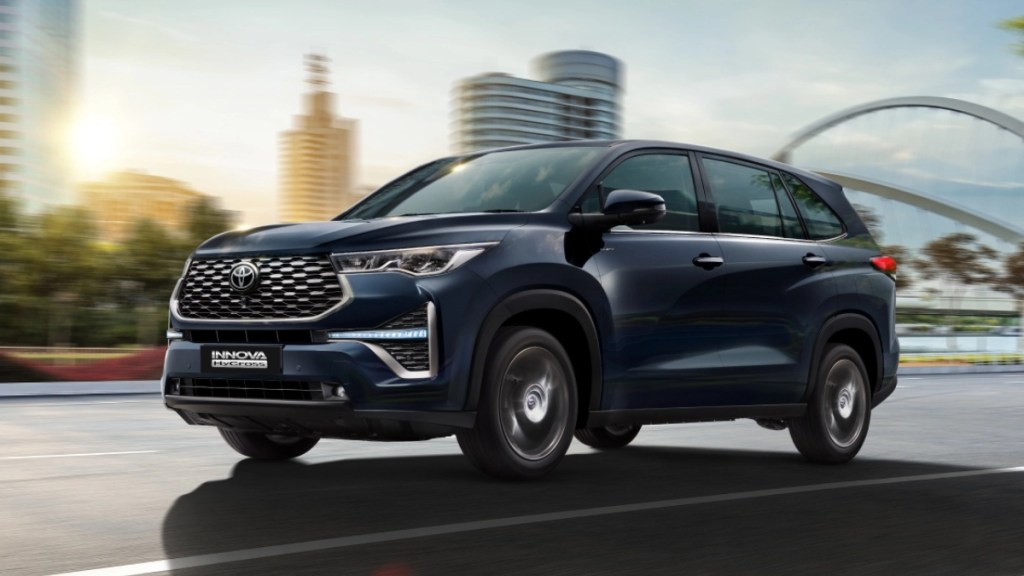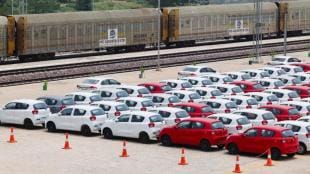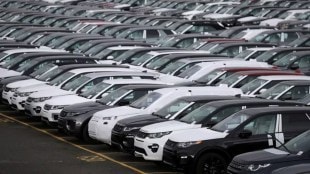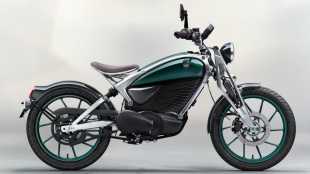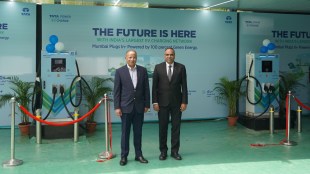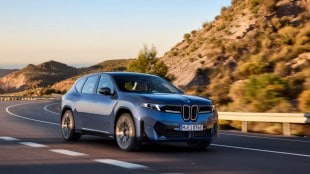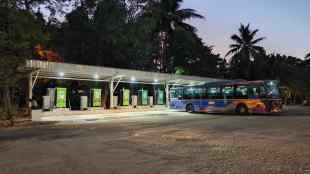There has been growing discussions around the new Delhi EV Policy. Some of the proposals, if mildly put, are controversial and highly challenging at the ground level. Seeing the complexity of the draft proposals, the Delhi Transport Department decided to extend the existing EV policy by another three months following a Cabinet meeting chaired by Chief Minister Rekha Gupta last week.
According to a new CNBC TV18 report, the draft Delhi EV Policy 2.0 offers the same waiver to hybrid vehicles as fully-electric vehicles. The report states that the draft Delhi EV Policy will provide road tax and registration concession on hybrid vehicles. This has sparked concern among major automakers.
The Delhi Electric Vehicles Policy 2.0, shared with automakers for feedback on Tuesday, offers incentives for electric cars priced up to Rs 20 lakh (ex-showroom). However, the extension of these benefits to hybrid vehicles has sparked criticism. Carmakers such as Hyundai, Mahindra & Mahindra, MG Motor India, Tata Motors, and Kia are expected to meet with Delhi government officials to express their concerns. These companies have invested heavily in developing and launching EVs, and are understandably disappointed by the policy shift.

The companies are of the opinion that hybrids need not to be incentivised since emissions are present, even though very low in comparison to traditional combustion engine vehicles. In the present Delhi EV policy there’s no concession for hybrid vehicles. If the proposal is indeed kept in the final policy, it will be a big boost for models like Maruti Suzuki, Toyota, and Honda who offer strong hybrid vehicles in the lineup.
Delhi EV Policy 2.0: Other proposals
As per the draft policy, registration of new CNG auto-rickshaws will be halted starting August 15, 2025, and existing permits will no longer be renewed. Additionally, a complete ban on petrol, diesel, and CNG two-wheelers is being considered from August 15, 2026.
The proposed incentives include up to Rs 36,000 for women purchasing electric two-wheelers, along with a purchase subsidy of Rs 10,000 per kWh—capped at Rs 30,000—for other buyers. The draft also outlines plans to generate 20,000 new jobs and establish a widespread network of charging and battery-swapping stations across the city.
